What is pH Down?
pH Down is the commercial name for 2 chemical compounds that are used to lower pH in your pool (or spa).
The first is a dry acid compound, sodium bisulfate (Na₂HSO4₂).
The second is a liquid compound, hydrochloric acid (HCL), commonly called muriatic acid in the recreational water world, and it has a wide range of uses in industry.
pH Down helps to maintain your pH balance in your pool by making your water more basic (lowering pH) which in turn helps your chlorine be more effective.
As a side effect, it also lowers alkalinity.
Calculate how many gallons your pool has with our pool volume calculator.
What Form(s) Does pH Down Come In And How Do I Use It?
Sodium bisulfate comes in powder form and muriatic acid comes in liquid form.
Each has pros and cons and you should choose according to your specific needs.
Sodium Bisulfate Powder
Comes in the form of white powder and is used to lower the pH in pools (and spas). It should be applied close to the surface of the water to prevent it from being blown outside of your pool (or spa).
Pros of Sodium Bisulfate
- Easier to handle and store.
- Not as quick to damage surfaces if spilled.
- Has a longer shelf life (1 to 2 yrs).
Cons of Sodium Bisulfate
- Can increase TDS (Total Dissolved Solids) by adding sulfates to your water.
- Extended use of sulfate based chemicals in gunite pools can damage your concrete, plaster, and grout.
- Tends to be more expensive.
Muriatic Acid Liquid
Muriatic Acid comes in varying concentrations, but for pool use it’s typically sold in 1 gallon jugs as 20 Baume/31.45%. It should not be used in spas or hot tubs and is not recommended for fiberglass, vinyl-liner, painted, or acrylic pool surfaces.
It can be added directly to the pool in front of a return jet or can be poured into a bucket of pool water and carefully poured around the perimeter.
Pros of Muriatic Acid
- Lowers pH quickly.
- Typically cheaper than dry acid.
- Doesn’t add sulfates.
Cons of Muriatic Acid
- Very volatile and can react violently.
- Splashes and fumes can pose serious health risks.
- Spills and splashes can damage surrounding surfaces (ruin pool deck coating by staining or etching).
- Difficult to store due to volatility and corrosive fumes (can damage metal if stored inside buildings such as garages or homes).
Safety Information About pH Down
You should always read and follow all safety precautions on the product labels.
Keeping your pool safe means keeping yourself and others around you safe while maintaining your chemistry and your equipment.
Some common recommendations include:
- Wearing protective gear such as gloves and eye protection.
- Store chemicals in ventilated areas and separate from one another to avoid chemical reactions from leaks.
- Do not mix chemicals.
See this informative video for some more great tips on pool chemical safety.

